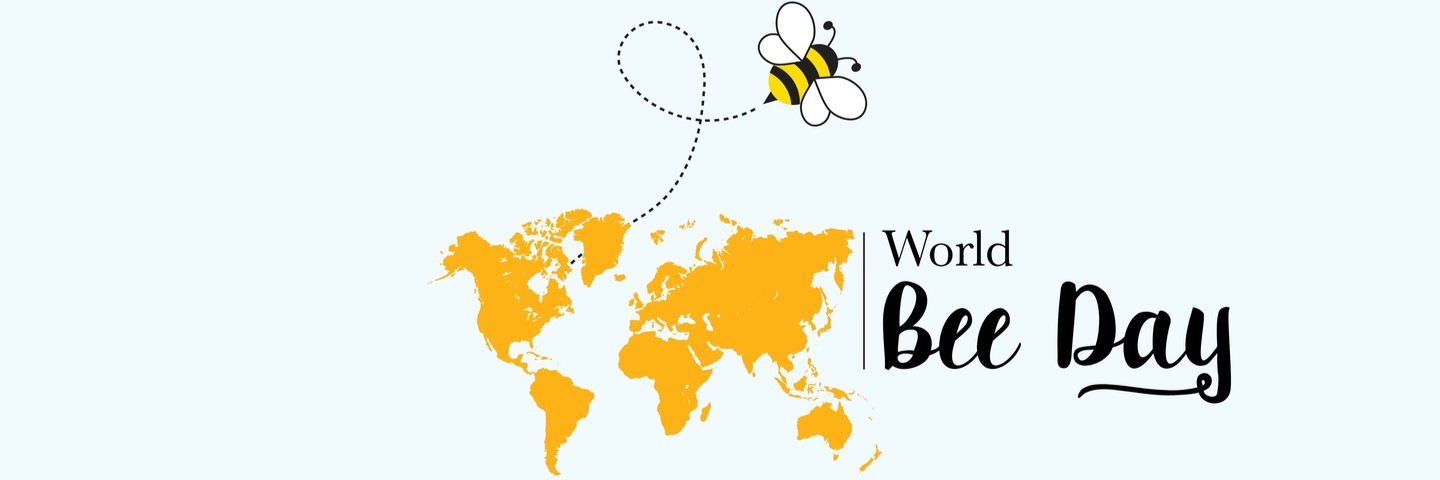
World Bee Day
Around 35% of invertebrate pollinators are facing extinction globally, so what can we do this #WorldBeeDay.
Climate change, intensive farming processes and the population increases are having a huge impact on bee populations. They are essential for pollination, which in turn makes food production possible – a third of the world’s food production depends on bees.
We can all do something, no matter how small, this May 20th to help save these wonderful creatures and help protect the environment for generations to come.
Create a wildflower area
Sow an area of wildflower seeds in your garden. Bees and other pollinators love our native wildflowers which have been declining rapidly since WWII. Plants which produce the maximum nectar and pollen such as Viper’s Bugloss, Vetch, Wild Marjoram and Foxglove are perfect and show a stunning splash of colour. Take a look at our range of Wildflower Seed Mixes to find the perfect one your garden or landscape design.
Plant bee friendly trees and shrubs
It’s not only flowers which attract bees, try planting Hazel, Flowering Cherry, Apple, Pussy Willow or Crab Apple. Try adding Lavender, Ivy or Honeysuckle to your borders. These trees and shrubs not only offer a wonderful array of flowers and aromas, but help bees and other pollinators.
Plant bee friendly fruit and vegetables
It’s not just flowers and trees which help the bee population, your choice of fruit and vegetables planted can make a huge difference. Kale, Raspberry and Runner Beans are a great addition to your veg gardens. Fruit such as strawberries can even be planted in window boxes if you don’t have a garden – you don’t need much space to make an impact on the environment around you.
Ensure there is a water source
Bees need water to stay hydrated whilst they pollinate your garden. A small dish with twigs offer a perfect landing spot. Ensure you keep an eye on water levels during the summer months.
Create a bug hotel or a queen bee nest
Pre-fabricated structures such as BioScapes offer this already done and can also help with other essential wildlife. Whether you are an architect, developer, landscaper, school or keen gardener, take at look at the AHS range of BioScapes to suit your needs.
Use natural pesticides, fertilisers and weed control
Let nature do its job and don’t worry about trying to have the “perfect” garden. You will already have natural predators such as, ladybirds, ants and spiders keeping aphids at bay. Beetles just love munching on slugs and caterpillars.
Whatever you choose to do this World Bee Day, if each person makes a small change it will add up to massive positive step forward for the worldwide Bee population.








